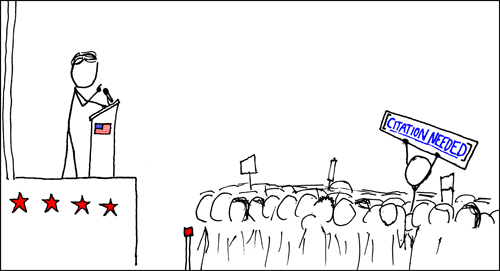Assalam,
May I ask if anyone here is aware of any life and career satisfaction surveys that compare people in different careers, including in psychology and social work? Since I've posted my last thread about financial side of a career in psychology, I've looked at other threads in the forum and apparently many people are quite unsatisfied with becoming psychologists. I don't think the members in this forum are a representative sample of all psychologist but I do find it alarming nonetheless. How could we help others live happier and more fulfilling lives if our own lives are anything but? And I'm not only talking about the financial side, like in my last thread. I mean overall. Is it really just too much paperwork and bureaucracy, insurance company hassles, dealing with unpleasant people, low pay, etc? So got me thinking maybe I should look at some surveys to see if psychologists are satisfied with their choice of careers. And how do they compare with psychiatrists or engineers or dishwashers or whatever. I would appreciate your help very much.
May I ask if anyone here is aware of any life and career satisfaction surveys that compare people in different careers, including in psychology and social work? Since I've posted my last thread about financial side of a career in psychology, I've looked at other threads in the forum and apparently many people are quite unsatisfied with becoming psychologists. I don't think the members in this forum are a representative sample of all psychologist but I do find it alarming nonetheless. How could we help others live happier and more fulfilling lives if our own lives are anything but? And I'm not only talking about the financial side, like in my last thread. I mean overall. Is it really just too much paperwork and bureaucracy, insurance company hassles, dealing with unpleasant people, low pay, etc? So got me thinking maybe I should look at some surveys to see if psychologists are satisfied with their choice of careers. And how do they compare with psychiatrists or engineers or dishwashers or whatever. I would appreciate your help very much.



 ).
).